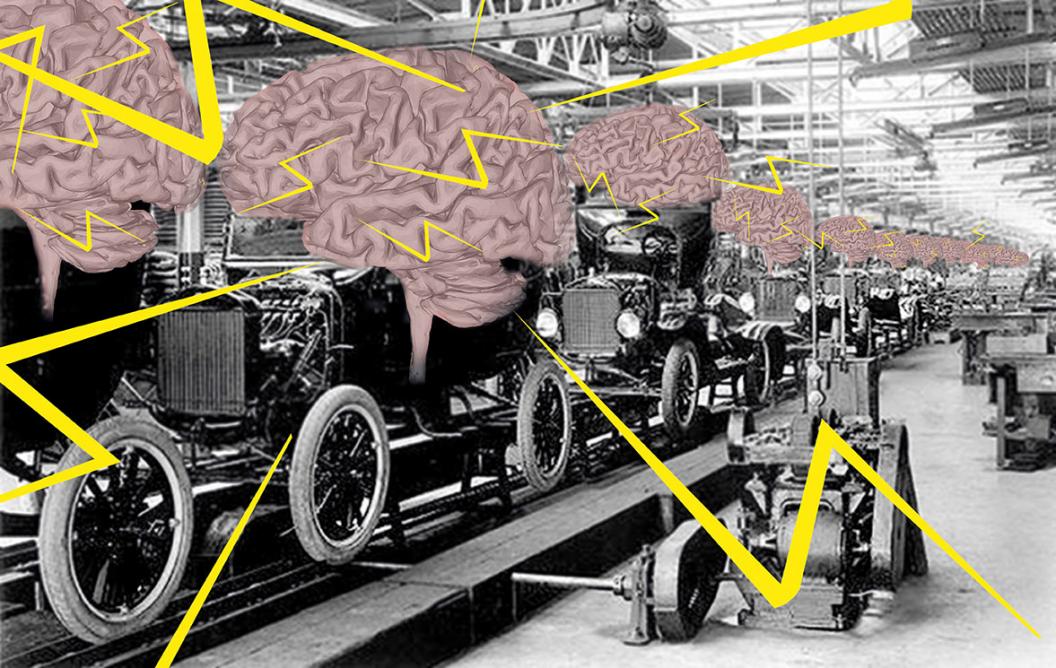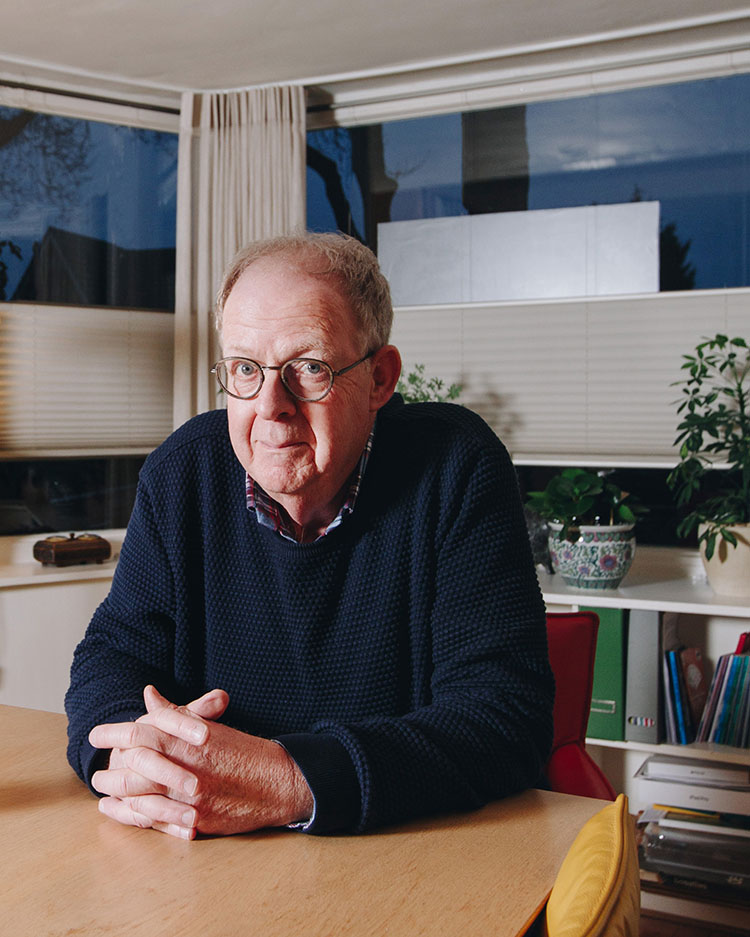“Depression is like the economy”
Depression can behave in the same way as the economy, according to doctor and researcher Suzanne van Bronswijk. An approach based on econometric modelling can therefore help in deciding between treatment options.
Anyone who has suffered from depression will be familiar with the sometimes laborious quest for an effective treatment. “It’s hard to predict which treatment will work best for a patient,” Van Bronswijk says. “During our training as psychiatrists or psychologists we learn which treatment we can use for which type of patient. But the considerations at the level of the individual patient are actually much more complex. Treatments that have proven effective often work well for a third of patients, to some extent for another third and not at all for the remaining third.” This means a treatment may have to be discontinued after a few weeks and a new one started. The first statistical models to predict treatment outcomes were therefore developed as early as the 1950s. But these models remain stuck in the research phase, with insufficient evidence on whether they predict the treatment outcomes only for the group under investigation or for other patients as well.
Smart move
“A complex combination of factors determines whether a person is likely to become depressed, remain depressed or respond to treatment,” Van Bronswijk says. When she read the book Dit kan niet waar zijn by journalist Joris Luyendijk, a light bulb went on. “The book is about the banking crisis of 2008. Luyendijk explains how financial products are becoming increasingly complex. They were invented by ‘quants’—quantitative analysts—who work with complex mathematical models and use them to weigh up the risks of investments. It struck me that these models could be relevant for predicting the response (risks) to treatments for depression (investments).”

Suzanne van Bronswijk, is a psychiatrist at the MUMC+ and assistant professor of Clinical Psychology at the Faculty of Psychology and Neuroscience, Maastricht University. She studied medicine at UM and trained as a psychiatrist at the MUMC+ and various mental health institutions in Limburg. In 2019 she obtained her PhD cum laude at UM for her dissertation entitled ‘Personalized treatment strategies for depression.’

Also read
-

Frederik Claasen, the head of policy at our partner organisation Solidaridad Network on the opportunities and obstacles facing smallholder farmers in their data ecosystems.
-
Frans Verhey, professor of Geriatric Psychiatry and Neuropsychiatry is proud of what the Limburg Alzheimer’s Centre has achieved and of its team, which works tirelessly to improve the quality of life of people with Alzheimer’s. “Alzheimer’s tends to be seen as a horrible, deadly brain disease that...
-
Anne Roefs was awarded a Vici grant of €1.5 million. The professor of Psychology and Neuroscience of Abnormal Eating, was tossing up between a career as a scientist or a top chef.
- in Featured
- in Human interest
- in Researchers
- in Students

